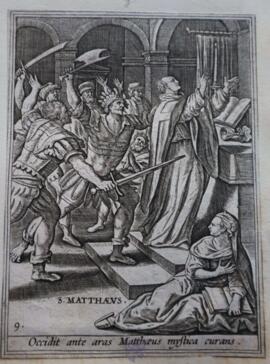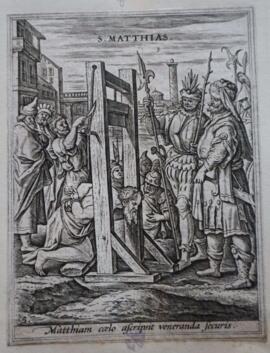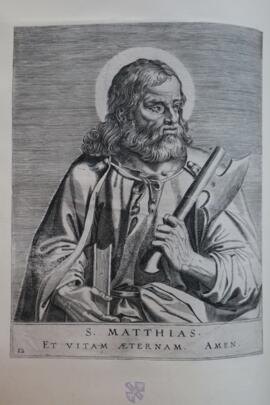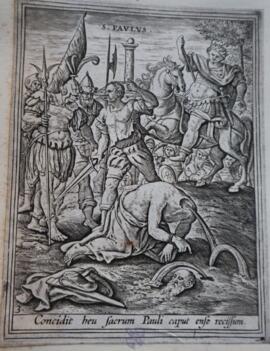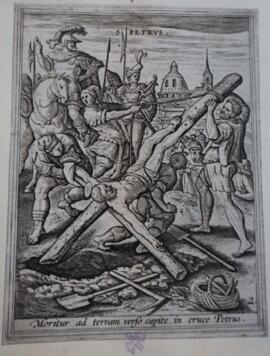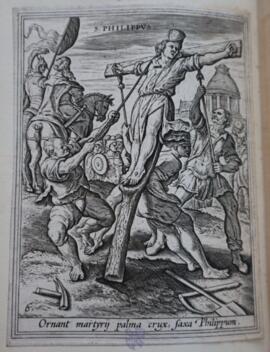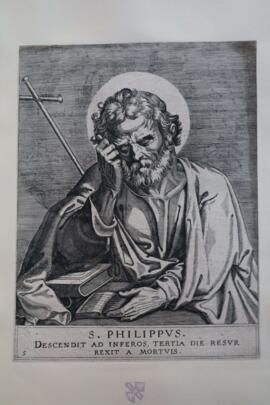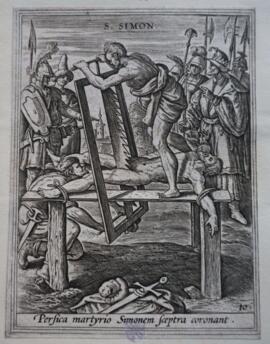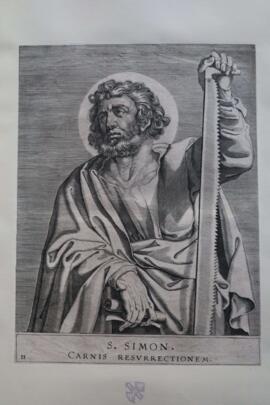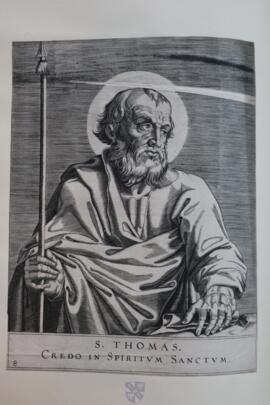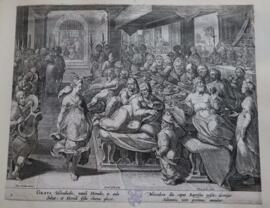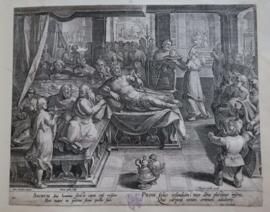sale catalogue for the freehold premises 25 and 26 Bridge Street which were sold at auction by Messrs Catling & Son at the Lion Hotel, Petty Cury, on 20 September 1949. Includes a description of the property formerly known as 'The Barley Mow' which consisted of a shop, dwelling house and premises in the rear.
Poster advertising the following auction:
"Substantially built freehold dwelling house and premises to be sold by auction by Wiseby & Son, at their rooms, 26 Trinity Street, Cambridge, on Friday December 7th 1877 at 7 o'clock in the evening.
All that well built freehold roomy dwelling house being No. 2 Quayside, Bridge Street, together with the premises adjoining, late in the occupation of Mr H. Mutimer.
N.B. - All fixtures will be included in the purchase".
Sale prospectus for property to be sold at auction at the Bull Inn, Trumpington Street. Includes lots relating to the Cross Keys Inn and estate including plans showing the size and types of property and names of tenants.
Plans, particulars and conditions for the sale of freehold and copyhold property comprising seven farms, vinegar brewery and mustard factory (Magdalen Street), tower windmill, numerous trade and private houses situated in Cambridge sold at auction by Messrs Wisbey, Bennett & Mann at the Bull Inn, Trumpington Street.
Printed particulars and conditions of sale of 16 small freehold cottages being - 1, 2 and 3 Cross Keys yard, Magdalene Street; 26 and 27 Shelly Row; 1-11 Porcher's Yard, Shelly Row to be sold at auction at the Lion Hotel on 30 March 1909.
Sale prospectus for the estates comprising:
(1) the 'family and commercial hotel known as The Pickerel'
(2) 6 quarter steam brewery
(3) 10 quarter malting
(4) barley and malt chambers
(5) stabling to accommodate 50 horses and carriages with lofts over
(6) dwelling house and shops being 30 Magdalen Street
(7) seven tenements in Fisher's Lane
(8) two fully licenced public houses known as 'King Charles II' and 'Prince Albert' both in Castle Street
all to be sold at auction by James Catling at the Lion Hotel, Petty Cury, Cambridge on 26 march 1879
Pages 82-89 of Sotheby’s catalogue of The British Sale: British Paintings 1500-1850 (2000) pp 82-89 featuring the work of Thomas Kerrich.
Recorded on page 114 of the Muniment Book.
Documents relating to a cottage, barn and 26 acres, 2 roods and 38 perches of land.
Recorded on page 114 of the Muniment Book.
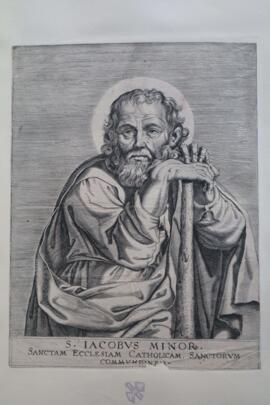
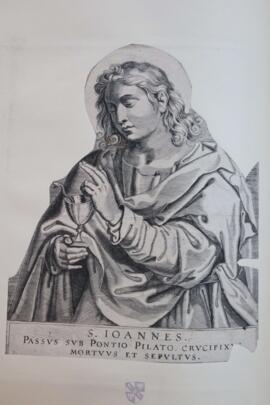
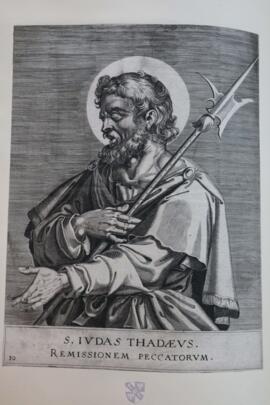
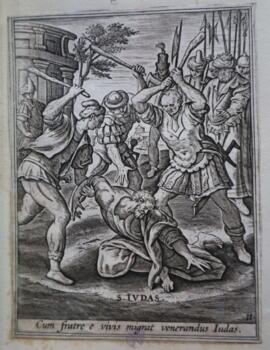
![S. Matihaevs [sic]](/uploads/r/null/a/2/1/a2150b3c55d0cdbbeccdf4bc303a8e13366ec0d071db30b395e3f2085430bf55/Bound_Ferrar_Print_31_watermark_142.jpg)
